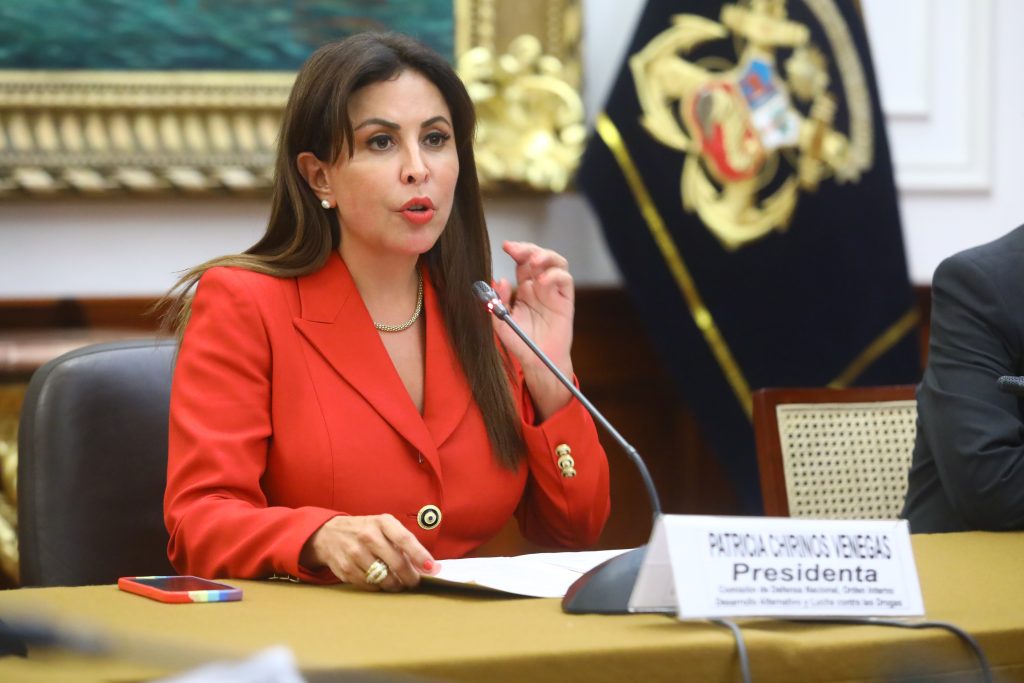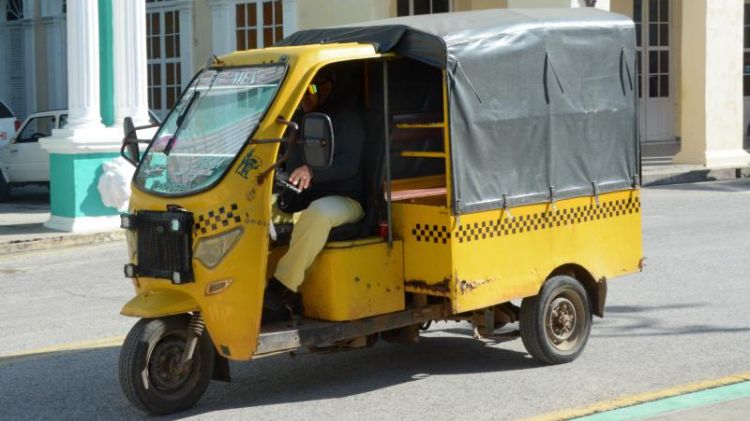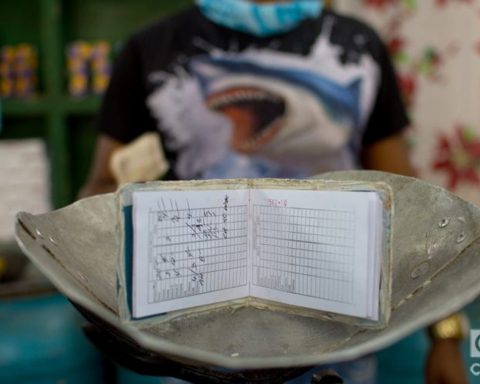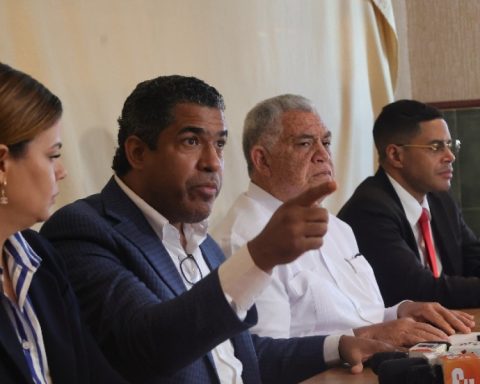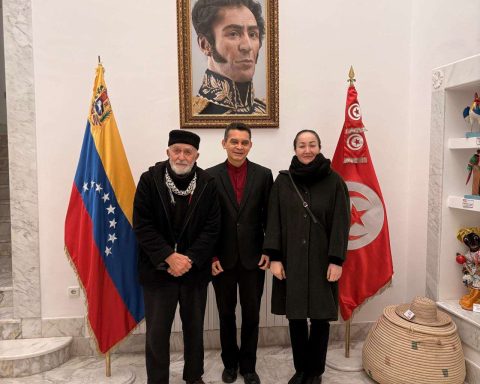N
or is it exaggerated to suggest that our political exchange has lost its tone. Nor that this has been orchestrated with curious optimism by the President and his allies, inside and outside the Congress of the Union, where the parties and their legislators met to play out a grotesque scene until reaching, from a short-sighted and deaf majority, the most pyrrhic decision on a reform of the Judicial Branch that promises little or nothing in the most important thing: to have an honest, prompt and expeditious justice.
Beyond what has been said in these unfortunate days of our political life, of the parody carried out by a good number of legislators of the recently installed legislature, it is necessary to reiterate the need to adjust our outlook and our spirit, to recover the dignity of politics and respect for the rules and procedures that we have given ourselves for our public exchanges. Otherwise, we will have opened the door to the worst of anti-politics, based on the abuse of power and the use of force.
A cruel lesson from these days, crushed by stupidity, is that confusing politics with boastful ideas leads us to the abyss. That the exaltation of stupidity, supposedly supported by the majority of votes, crushes what remains of our respect for others and for the laws that, after all, we have given ourselves in peace and in accordance with the law as we have understood it.
Why President López Obrador insists on leaving his administration practically adrift, beset by criminal impudence and surrounded by resentment, may be the subject of angry discussions, sunk in a sea of speculation, but it does not sharpen our political senses and reflexes, rather it smashes them against the floor. Avoiding falling into physical and rhetorical violence will have to be the primary task of a policy of civic and citizen vindication in which those who have been able to save their survival reflexes and decide to start over in the more than difficult mission of democratic reconstruction of Mexico will have to embark.
Submitting politics to the whims of the powerful and making it a daily practice of citizen understanding can be the beginning of the end of a fragile democracy with shaky foundations. It is the denial of plurality as a military value of coexistence and of pluralism as an environment and distant view of a politics that, to be so, needs to be plural. Trying to reduce plurality to the irrational mandate of revenge and other regrettable subterfuges with which majorities are invented contravenes the democratic rule and, in the end, ends up affirming, or some will say confirming, the most authoritarian visions, always with us.
The attempt to crush all divergence or opposition, as occurred in Congress, revives authoritarian presidential customs, responds to the nefarious pretension, this one restorative, of giving the President-people
a power that prevents the division of powers, whose affirmation, far from being an obstacle, has been one of the conquests of our troubled transition.
There is no doubt that the relationship between the powers of the Union needs to be made more efficient and transparent, and democratic channels should be smoothed out, but not more power should be given to the President. It is urgent to understand and make them understand that the parties cannot be elementary transmission belts for power groups, always opaque, which are the ones that have defined the main agendas of formal politics; with this, public life has become impoverished and citizenship has been degraded.
It is necessary to recognize that we are not in the best moment: in addition to our shortcomings and setbacks, the relentless advance of organized crime, global upheavals and the fears of big capital mark the days, and although these and other challenges did not erupt six years ago, several of them have worsened. The big question, before all of us, is to know if beneath these reprehensible and unpleasant days of farce and foolish gloating of power, of glorious victories
is there any compelling idea to renew national affairs, closely linked to the fundamental problems of the country or if, as the outgoing and incoming governments have insisted, the key to politics will continue to be the denial of reality and the exaltation of power and the powerful.
The immediate challenge is not minor: putting democratic politics back on its feet will not be the result of a proverbial bureaucratic act, much less of crude steamrollers. We need to claim a politics, which many of us insist on calling democratic, and not deny it as has happened in recent days.
For a long, plural, fortunate life The Day










